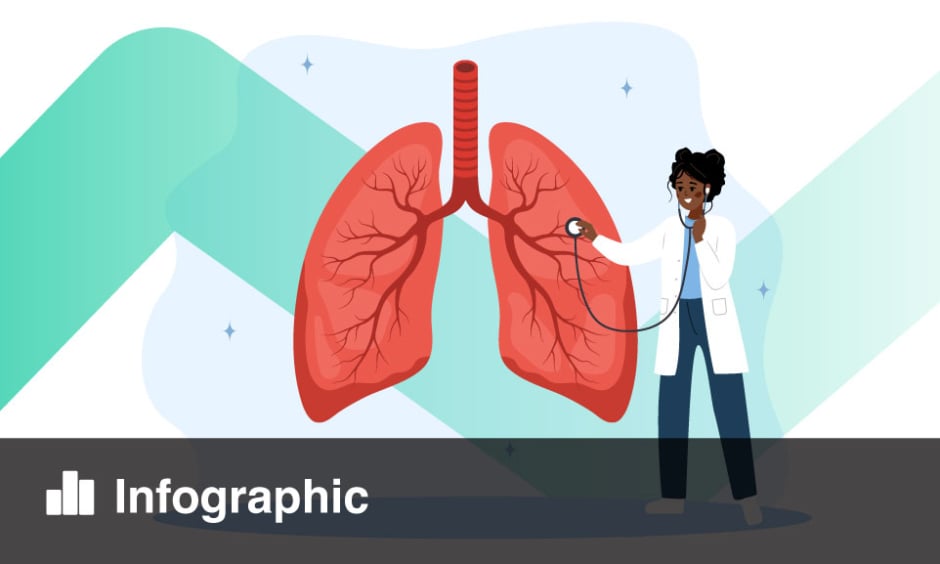Addition of Nerandomilast May Slow the Progression of IPF
In a Phase III trial, the addition of nerandomilast demonstrated a promising ability to slow disease progression in patients with idiopathic pulmonary fibrosis (IPF). Results from the FIBRONEER-IPF trial, particularly in a U.S. patient subgroup, suggest that nerandomilast, a selective inhibitor of phosphodiesterase 4B, at dosages of 9 mg and 18 mg twice daily (bid), significantly reduced the decline in forced vital capacity (FVC) compared to placebo over 52 weeks.
Study Design and Findings
The trial included 1,177 participants, 196 of whom were from the U.S. This subgroup was randomized to receive either placebo, nerandomilast 9 mg bid, or nerandomilast 18 mg bid. Participants were also stratified by concurrent use of nintedanib or pirfenidone. The primary outcome of the study was the change in FVC at week 52, a key measure of lung function in IPF. Both doses of nerandomilast reduced the decline in FVC, with a 105.2 mL reduction in the 9 mg bid group and a 131.7 mL reduction in the 18 mg bid group, compared to the placebo group.
Secondary endpoints included the time to first acute exacerbation, hospitalization for respiratory causes, or death. In the U.S. cohort, 30% of the placebo group experienced this composite endpoint, compared to 21.4% in the nerandomilast 9 mg bid group and 19.6% in the 18 mg bid group. While these differences were not statistically significant, they suggest that nerandomilast may provide additional clinical benefit in slowing the progression of IPF.
Safety and Tolerability
Safety analyses indicated that nerandomilast was generally well-tolerated, although gastrointestinal adverse events were more common with higher doses. Diarrhea was reported in 14.3% of placebo patients, 34.3% of those in the nerandomilast 9 mg group, and 42.9% in the nerandomilast 18 mg group. Discontinuations due to adverse events occurred in 15.7% of the placebo group, 12.9% of the nerandomilast 9 mg group, and 10.7% of the nerandomilast 18 mg group, reflecting a manageable safety profile.
Conclusion
The findings from the FIBRONEER-IPF trial support the potential of nerandomilast as an adjunct therapy for IPF patients. By reducing the rate of FVC decline, nerandomilast could offer a new treatment option to slow disease progression in patients already receiving standard care therapies, such as nintedanib or pirfenidone. Further research is needed to confirm these results and to assess long-term outcomes.
Reference: CHEST. Addition of Nerandomilast May Slow the Progression of IPF. October 2025. Available at: https://www.chestnet.org/-/media/documents/news/addition-of-nerandomilast-may-slow-the-progression-of-ipf.ashx. Last accessed: October 20 2025.








